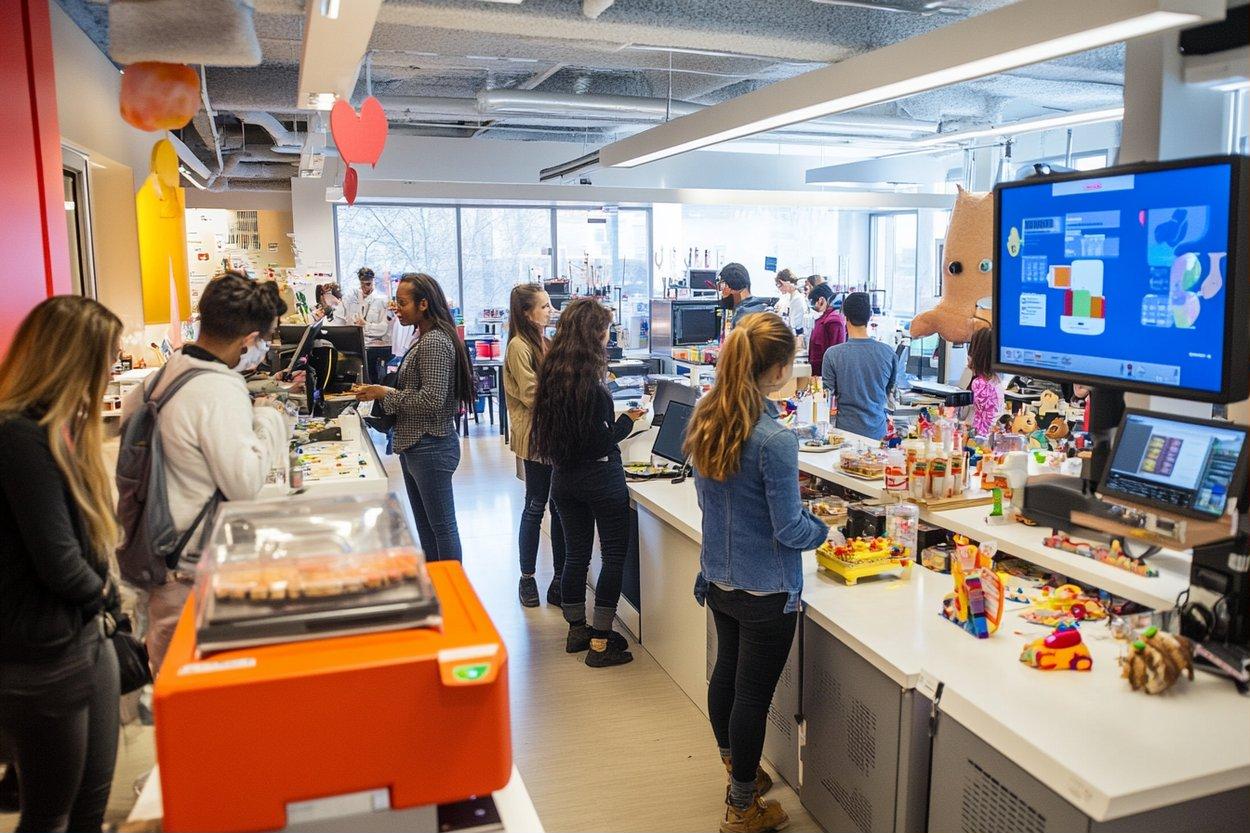Generational Cuisine: How Food Shapes Millennial Identity
The culinary landscape is undergoing a seismic shift as Millennials redefine their relationship with food. From avocado toast to craft cocktails, this generation's gastronomic preferences are more than just passing fads—they're powerful expressions of identity, values, and cultural evolution. Read below to explore how Millennial eating habits are reshaping societal norms and challenging traditional notions of cuisine.

Food as Identity: The Rise of Culinary Tribalism
For Millennials, food choices have become intrinsically linked to personal identity. This phenomenon, dubbed culinary tribalism by sociologists, sees individuals aligning themselves with specific dietary lifestyles—be it veganism, paleo, or gluten-free—as a means of self-definition. These food tribes serve as modern-day subcultures, complete with their own values, social norms, and shared experiences. The rise of social media has further amplified this trend, allowing Millennials to showcase their culinary identities to a global audience.
The Instagram Effect: Food in the Digital Age
The intersection of food and social media has profoundly influenced Millennial eating habits. Platforms like Instagram have transformed meals into visual content, with aesthetics often taking precedence over taste or nutrition. This digital food culture has given rise to phenomena such as food styling, latte art, and the hunt for Instagrammable restaurant interiors. Sociologists argue that this trend reflects a deeper need for validation and connection in an increasingly digital world.
Ethical Eating: Millennials as Conscious Consumers
Millennials are at the forefront of the ethical eating movement, prioritizing sustainability, animal welfare, and social responsibility in their food choices. This generation is more likely to seek out organic, locally-sourced, and fair-trade products, reflecting a broader commitment to environmental and social causes. The rise of plant-based diets among Millennials is not just about personal health, but also a statement against industrial farming practices and climate change.
The Experience Economy: From Meal Kits to Pop-Up Restaurants
In line with their preference for experiences over material possessions, Millennials are driving the growth of experiential dining. This includes the popularity of meal kit services, which offer the experience of cooking without the hassle of grocery shopping, and the proliferation of pop-up restaurants and food festivals. These trends reflect a desire for novelty, convenience, and shared experiences—all hallmarks of Millennial consumer behavior.
Redefining Tradition: Millennials and Family Meals
While Millennials are often criticized for killing various industries, they’re actually reinventing rather than abandoning traditions. Family meals, for instance, are being redefined to fit modern lifestyles. Group brunches with friends, virtual dinner parties, and communal cooking experiences are becoming the new norm. These adaptations reflect the generation’s emphasis on chosen family and flexible social structures.
The Gig Economy’s Impact on Food Culture
The rise of the gig economy, closely associated with Millennial work culture, has had a significant impact on food habits. The popularity of food delivery apps and the increase in remote work have changed when, where, and how Millennials eat. This shift has led to the growth of ghost kitchens, meal subscription services, and all-day cafes that double as workspaces.
Culinary Nostalgia: Reimagining Childhood Favorites
Despite their reputation for favoring avocado toast over home ownership, Millennials display a strong sense of culinary nostalgia. There’s a growing trend of reimagining childhood favorites with a gourmet twist—think artisanal pop-tarts or craft beer floats. This phenomenon speaks to a desire to reconcile adult tastes with comforting memories of youth, reflecting the generation’s complex relationship with adulthood and responsibility.
The Future of Food: Millennial Influence on the Culinary Landscape
As Millennials enter their prime earning years and become the dominant consumer group, their influence on the food industry is set to grow. From the rise of personalized nutrition to the integration of technology in cooking and dining, Millennial preferences are shaping the future of food. This generational shift in culinary culture is not just changing what we eat, but how we think about food’s role in society, personal identity, and global sustainability.






